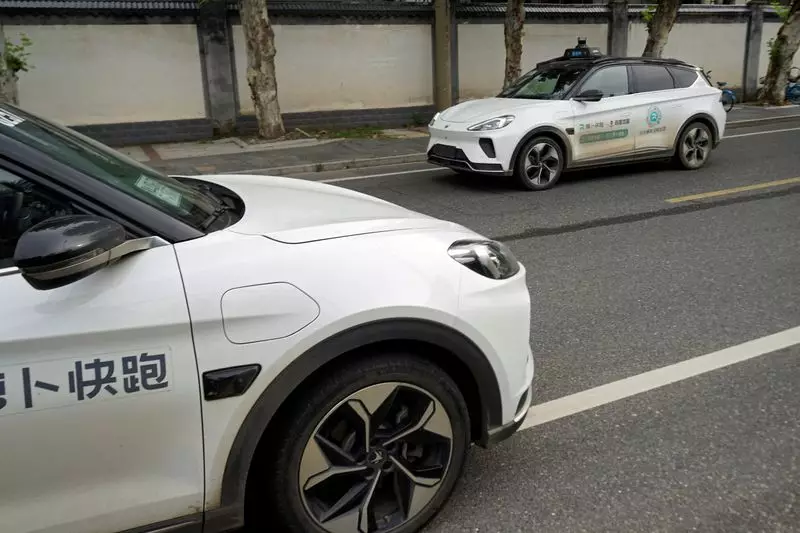Baidu, a prominent tech giant in China, has achieved a significant milestone by securing approval to test autonomous vehicles in Hong Kong through its Apollo robotaxi service. This move comes as part of Baidu’s strategic expansion beyond the confines of mainland China. The Hong Kong Transport Department officially announced this development, granting Baidu the license to conduct trials involving ten autonomous vehicles in the North Lantau area. The license is valid from December 9, 2024, to December 8, 2029, with stringent regulations that will see only one self-driving vehicle operating on designated road sections during initial trial phases.
The regulatory framework for autonomous vehicles in Hong Kong has undergone a transformative shift in recent years. Since 2017, the local government has been enthusiastic about promoting the integration of autonomous technology within its transportation ecosystem. However, real advancements in testing on public roads have only materialized since the introduction of a new legislative framework in March of this year. The license granted to Baidu represents the inaugural pilot permit issued under this new regime, showcasing the government’s commitment to embracing innovation while ensuring safety.
The trial phase for Baidu’s autonomous vehicles will include critical safety measures. A backup operator will be present inside the vehicle, ensuring immediate control can be regained if the need arises. This precaution reflects an understanding of the inherent challenges in deploying autonomous technology in dynamic environments like urban streets, where unpredictable variables can significantly impact operation. By prioritizing safety, Baidu is not only protecting individuals involved in the trials but also addressing public concerns regarding the reliability of self-driving technologies.
Baidu’s Apollo Go, the company’s flagship robotaxi service, is already operational in various Chinese cities, with a notable presence in Wuhan, where it runs the largest fleet of over 400 autonomous vehicles. Following this successful model, Baidu aims to broaden its reach beyond mainland borders, setting sights on markets like Hong Kong, Singapore, and even the Middle East. As competition intensifies in the autonomous vehicle sector, Baidu recognizes the necessity to diversify its operational domains and leverage international opportunities.
The expansion into Hong Kong not only signifies Baidu’s growing ambitions but also amplifies the competitive landscape for autonomous vehicle technology globally. As tech companies rush to commercialize self-driving technology, regulatory environments and public acceptance will play crucial roles in determining success. Baidu’s strategic licensing in Hong Kong may serve as a benchmark, influencing how other regions approach the adoption of autonomous vehicles. With ongoing innovations and regulatory adaptations, the future of urban transport holds significant promise, pushing the boundaries of what vehicles can achieve.

